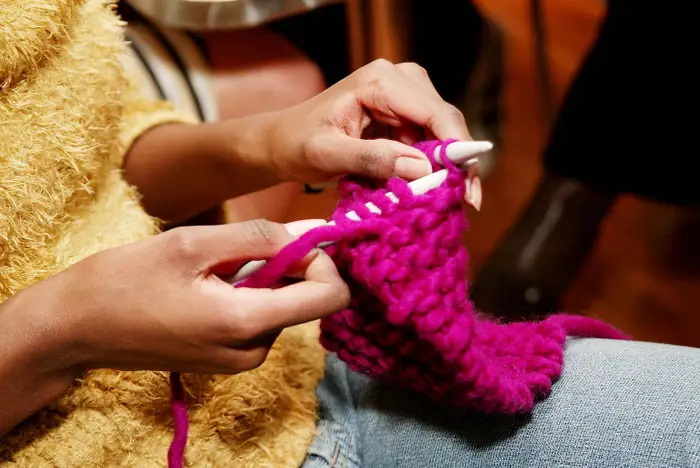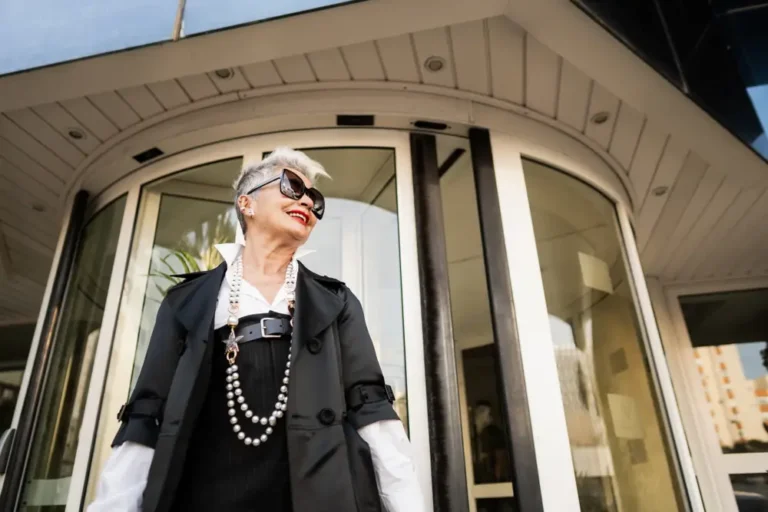Why some women say learning poker is the key to career success

Women are turning to poker to help their careers.
Some women are building their confidence and career success at a surprising locale: a poker table.
With its (at times) high-stakes, high-reward nature, the game of poker has helped train some women to be more comfortable negotiating and taking financial risks in their careers.
It’s a clever way to address a longtime problem: Women who work full-time, year-round are paid 84% of what men are paid, according to the most recent statistics from the US Department of Labor. The gap differs state by state, and it might not be closed until 2056.
Jenny Just founded Poker Power, a company that teaches the game to women to build up their risk-taking skills.
“The poker table was like every money table I had sat at,” Just previously told B-17. “It was an opportunity to learn skills. Skills like capital allocation, taking risks, and learning how to strategize.”
Playing the game repeatedly helps women become more comfortable taking risks in a variety of scenarios, Erin Lydon, formerly the president of Poker Power, previously told B-17.
“We want women to feel like something is at risk, and they have to make a decision. They may win. They may lose,” Lydon said. “And they are going to do it repetitively, so it starts to feel less uncomfortable to take those risks — at the poker table, asking for the raise, asking for the promotion.”
Author and professional poker player Maria Konnikova said playing poker helped her identify internalized risk-averse behaviors that may have been hampering her career as a journalist and author. Over time, it helped her be a “much more confident and assertive version” of herself, she recently wrote in The Wall Street Journal.
“In the half decade I’ve been playing, I have become better at taking strategic risks not only on the felt but also in life. I’ve raised my speaking fees, negotiated better pay for my writing and have extricated myself from unappealing situations with less concern about being ‘nice,'” Konnikova said.
Nearly 97% of players in poker tournaments are men, but that didn’t stop Abby Merk, a 24-year-old professional poker player.
“When I sat down at the poker table, I was instantaneously stereotyped,” Merk previously told B-17. “I was supposed to be tight, so I was not supposed to play a lot of hands, and I was supposed to be passive when I played them because I was a female.”
With practice, Merk said she went from being a “losing player” to winning tens of thousands of dollars playing in tournaments.
“That mindset and the game itself are helpful in any workplace environment,” she said. “Women existing in or striving for positions of power is sometimes an uncomfortable feeling for men, and the only way to get around that — and the only way to go against that — is to keep doing it.”






